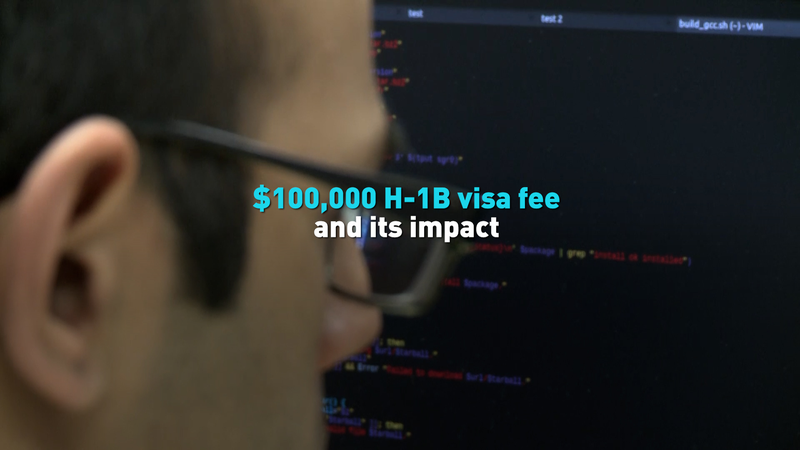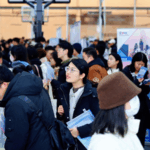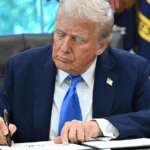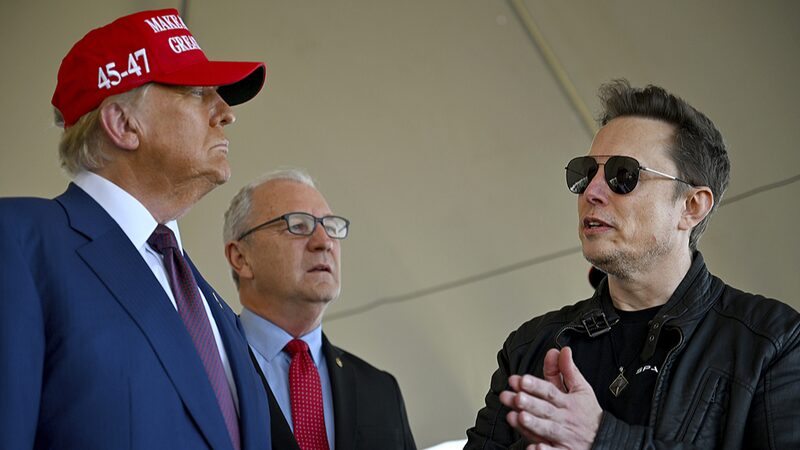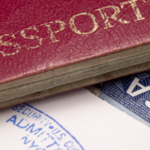The recent announcement of a $100,000 fee for H-1B visas – a critical pathway for high-skilled foreign workers in the U.S. – has sent shockwaves through industries reliant on global talent. Analysts suggest the policy shift could reshape hiring practices for Asian tech firms, financial institutions, and multinational corporations with U.S. operations.
While proponents argue the measure prioritizes domestic employment, critics warn it may disrupt supply chains and innovation cycles. A Bengaluru-based IT executive, speaking anonymously, revealed plans to accelerate automation: "We can't absorb this cost. It's faster to redesign workflows than gamble on visa approvals."
The move coincides with growing competition for STEM talent across Asia, particularly in semiconductor manufacturing and AI development. Economists note that Japan's new digital nomad visa and Singapore's Tech.Pass program could benefit from redirected migration patterns.
For Asian diaspora professionals, the policy adds uncertainty to career planning. New Delhi-born data scientist Priya Mehta shared: "My U.S. job offer now feels risky. I'm considering opportunities in Shenzhen's AI hubs instead."
As businesses recalibrate, the long-term impact on U.S.-Asia knowledge transfer and cross-border investment remains unclear. Workforce analysts advise companies to monitor Malaysia's burgeoning tech parks and Vietnam's chip packaging facilities as potential alternatives for growth.
Reference(s):
cgtn.com
